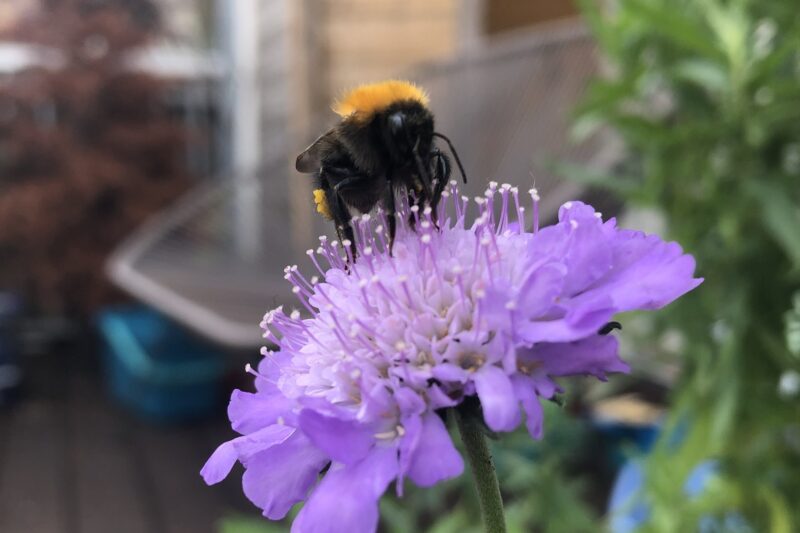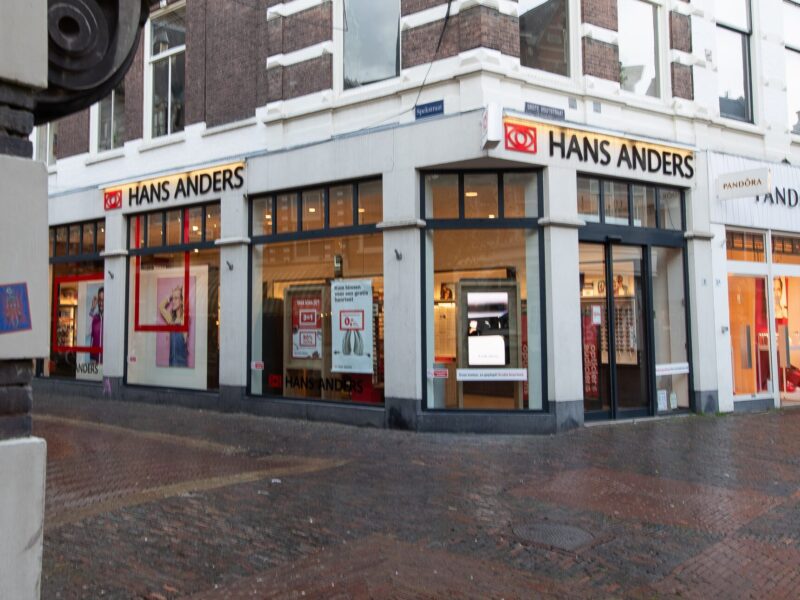
Digital Vision/ Getty Images
- Americans now have fewer close friends and are less likely to have a best friend, says a new poll.
- Just 13% of those polled said they had 10 or more close friends, down from 33% in a 1990 survey.
- Friendships are also ending over political disagreements and strain from the pandemic, said the study.
- Visit Insider's homepage for more stories.
Americans are experiencing a crisis of friendlessness, according to the results of a new poll released this week.
The Survey Center on American Life spoke with more than 2,000 US adults aged 18 and older found more people are seeing their social circles decline, particularly during the COVID pandemic.
Only 13% of those polled said their friend group contains more than 10 close friends. This is in contrast to a 1990 Gallup poll, where a third of US adults said they had 10 or more close friends.
There's more – three decades ago, 75% of the 1,226 people Gallup surveyed over the phone said they had a best friend. That number has now gone down to 59% in this year's poll.
The survey also found that friendships were particularly hard during the pandemic. Nearly half of the 2,019 people polled said they lost touch with at least a few friends over the past 12 months, and one in 10 people polled said they lost touch with most of their friends.
Politics may be a key reason why friendships are ending. Of those surveyed, 20% of Democrats and 10% of Republicans polled said they ended a friendship over a political disagreement. And of the 300 people surveyed who said they ended a friendship over politics, 22% said former president Donald Trump was the reason.
But it's not all doom and gloom. Around half of the people surveyed also said that they made at least one new friend during the last year, despite COVID.
"The COVID-19 pandemic is the most obvious culprit in the national friendship decline, but broader structural forces may be playing a more important role," wrote the study's author Daniel Cox in the paper's introduction.
Cox attributed the decline of Americans' social circles to three major reasons. Firstly, he posited that Americans are marrying later and becoming more "geographically mobile," leading to more self-isolation and loneliness. Cox also said that parents spending more time with their children may have "crowded" out other relationships like friendships. He noted, too, that with people spending more time working or traveling for work, keeping friendships going might be getting tougher.
"In fact, perhaps reflecting its central place in the hierarchy of American social life, Americans are now more likely to make friends at work than any other way - including at school, in their neighborhood, at their place of worship, or even through existing friends," Cox wrote.
Dit artikel is oorspronkelijk verschenen op z24.nl










